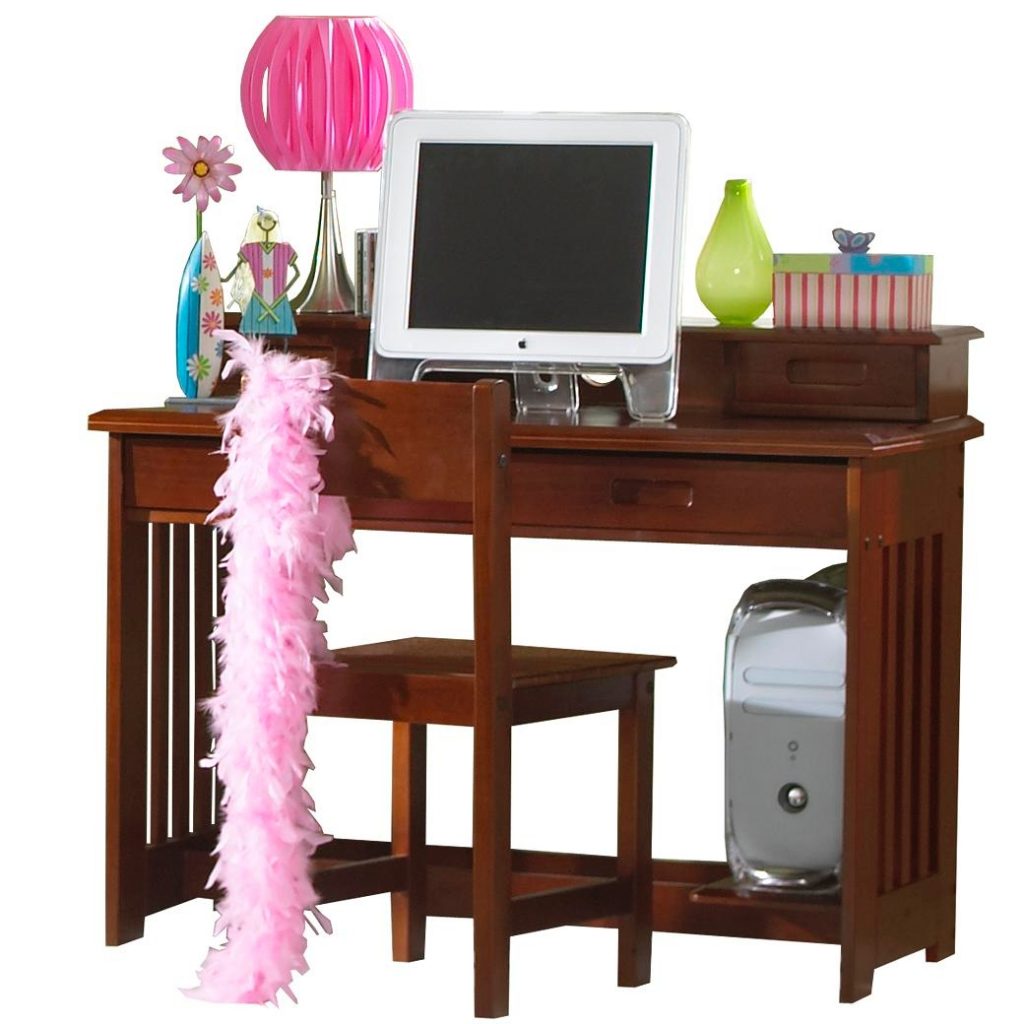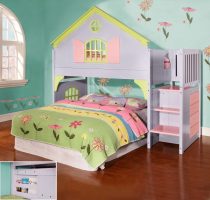Nurturing Harmony: Feng Shui for Kids

Feng Shui, the ancient wisdom of aligning our surroundings with positive energy, holds the potential to benefit children in myriad ways. This article delves into the principles of feng shui, exploring how they can positively influence the well-being, focus, and relationships of our youngest family members. From cultivating concentration during study sessions to fostering sibling unity, feng shui for kids stands as a guiding philosophy that unites parents and children in crafting a space of equilibrium and serenity.
Kids’ Bedrooms: Crafting Tranquil Retreats
A child’s bedroom is their private sanctuary, where dreams and imagination reign supreme. Applying feng shui principles here can shape a tranquil retreat for your kids:
- Bed Placement: Orient your child’s bed to provide a clear line of sight to the room’s entrance. This instills a sense of security and control over their surroundings.
- Color Palette: Opt for soothing, balanced colors like soft blues and gentle greens to foster a calming atmosphere. Avoid overly stimulating or dark shades.
- Declutter Wisdom: Teach your child the art of keeping their room clutter-free by offering suitable storage solutions. A tidy space paves the way for a clear mind.
- Symbolic Touches: Decorate with positive symbols, such as butterflies for transformation or turtles for longevity, to inspire growth and harmony.

Kids’ Playrooms: Where Creativity Takes Flight
The playroom is a realm where children’s creativity and imagination know no bounds. Employing feng shui principles here can maintain an atmosphere that is vibrant, dynamic, and conducive to learning:
- Space Arrangement: Organize toys and play areas for easy accessibility. A child should navigate freely and interact with their surroundings without hindrance.
- Natural Illumination: Ensure the playroom basks in ample natural light, fostering a positive and invigorating ambiance. In cases of limited natural light, employ bright, full-spectrum artificial lighting.
- Energy Flow: Keep the space uncluttered and pathways clear to promote open and fluid energy movement. Teach your child the art of maintaining an organized playroom.
- Intentional Design: Include age-appropriate learning materials and artwork that ignite creativity, curiosity, and growth.
Holistic Feng Shui For Kids: Influencing Well-Being
Feng shui is not confined to individual rooms; it encompasses the entirety of your residence. Here’s how it can influence your child’s well-being across the board:
- Energy Flow: Establish an environment where “chi” flows smoothly, free of obstacles. Clear hallways and well-arranged furniture promote positive energy circulation.
- Indoor Greenery: Introduce indoor plants such as bamboo and peace lilies, which purify the air and infuse spaces with vibrant life energy.
- Natural Elements: Weave natural elements into your decor – wood, water, and earth – to create balance and harmony. Wood furnishings, water features, and earthy decor elements can significantly impact the overall ambiance.
- Family Gathering Space: Craft a living room where family members can convene, relishing quality time together and forging cherished memories.
Concentration and Study: Aids for Scholarly Pursuits
Feng shui principles extend to creating an environment conducive to focused study and concentration. In today’s digital age, establishing a conducive space is more vital than ever:
- Desk Placement: Position your child’s study desk to face the room’s entrance, allowing them to keep an eye on comings and goings for a sense of security.
- Eliminate Distractions: Banish electronic diversions such as televisions and video games from the study area. Institute a quiet, tech-free zone for study and homework.
- Seating Selection: Ensure your child has a comfortable, ergonomically sound chair with proper lumbar support for sustained focus during study sessions.
- Balanced Decor: Utilize neutral and calming colors in the study area to mitigate stress and anxiety. Eschew overly stimulating or distracting wall adornments.

Familial Bond: Collaborative Efforts
Educating your child on feng shui principles and involving them in the process can be a remarkable opportunity to fortify your connection and produce a balanced, harmonious home:
- Decorative Choices: Encourage your child’s participation in selecting decor for their room, imparting a sense of ownership and responsibility.
- Room Layout: Engage your child in discussions about how they want their space arranged, yielding a room that mirrors their personality and fosters comfort.
- Annual Revisions: Transform the practice into an annual tradition, a chance to revisit and tweak feng shui elements as your child matures and their requirements evolve.
Sibling Harmony: Fostering Balanced Relations
Feng shui principles can indeed play a role in nurturing positive relationships among siblings:
- Shared Spaces: In shared bedrooms, apply feng shui principles to designate individual areas within the room, granting each child a space for personal expression and rest.
- Communication: Educate your children on the significance of communication, empathy, and compromise in resolving disputes and sustaining harmony.
- Positive Symbols: Incorporate decor symbols that encourage unity, such as images of birds or butterflies, denoting freedom and togetherness.
In conclusion, feng shui can serve as a guiding light, molding a conducive environment for children’s well-being, fostering concentration and study, and cultivating harmonious relations within the family. By weaving these principles into kids’ bedrooms, playrooms, and the entire household, you bestow upon them a space of equilibrium, fostering growth, creativity, and contentment. More significantly, involving your child in this journey can strengthen your parent-child bond, empowering them to play an active role in shaping their harmonious living space.









